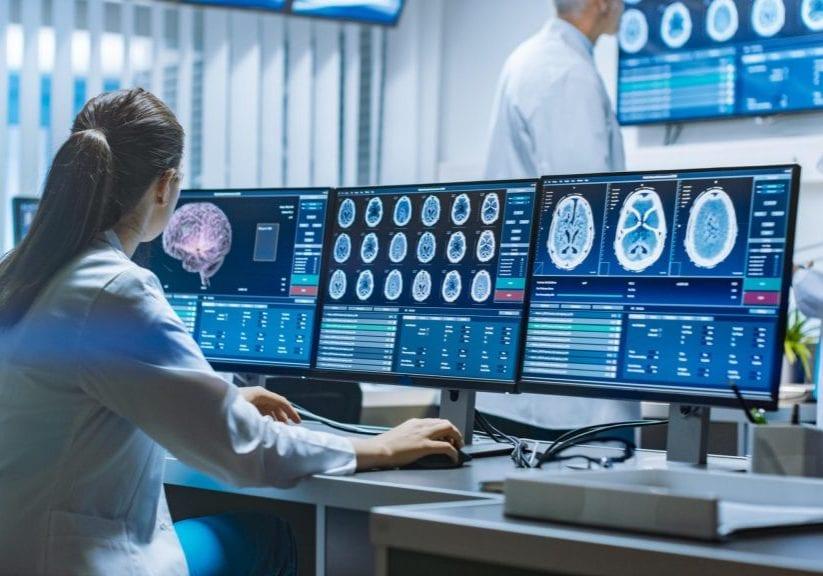In a groundbreaking development, scientists from the University Hospital Southampton and the University of Southampton have introduced a pioneering laser-based test capable of detecting various forms of dementia in a matter of seconds, potentially years before the onset of clinical symptoms. This innovative approach, known as Multi-excitation Raman (MX-Raman) spectroscopy, promises to revolutionise the early diagnosis and treatment of neurodegenerative diseases.
A Leap in Diagnostic Technology
The MX-Raman technique utilises laser beams to analyse a single drop of bodily fluid—such as blood, spinal fluid, or mucus—to identify subtle changes in proteins, lipids, sugars, and other biomolecules. This analysis produces a unique “biochemical fingerprint,” enabling the differentiation between various types of dementia with remarkable accuracy. Initial studies have demonstrated that this method can detect Alzheimer’s disease with an average accuracy exceeding 93%.

Professor Chris Kipps, a consultant neurologist at University Hospital Southampton, heralded the new technique as “a breakthrough in medical technology,” stating that it could “change the way we approach dementia diagnosis.”
Addressing a Growing Health Challenge
Dementia currently affects over 850,000 individuals in the UK, with projections estimating an increase to 1.4 million by 2040. The condition encompasses various types, including Alzheimer’s and vascular dementia, all of which progressively impair memory, language, and problem-solving abilities. Traditional diagnostic methods can take up to two years and often fail to detect the disease until it has significantly advanced, limiting the effectiveness of available treatments.
Implications for Early Treatment
The ability to diagnose dementia at such an early stage is crucial, as emerging therapies are most effective during the initial phases of the disease. By implementing the MX-Raman test, healthcare providers could rapidly identify patients eligible for new drug treatments, potentially slowing disease progression and improving quality of life.
Future Prospects
The research team is currently refining the technology, with plans to conduct clinical trials in the coming years. The ultimate goal is to integrate this test into routine clinical settings, such as GP surgeries, making early dementia diagnosis more accessible and efficient.
This advancement signifies a paradigm shift in the approach to neurodegenerative disease diagnosis, offering hope for earlier intervention and better patient outcomes.

